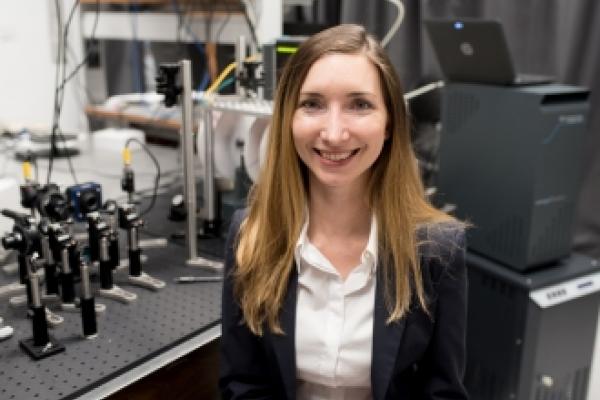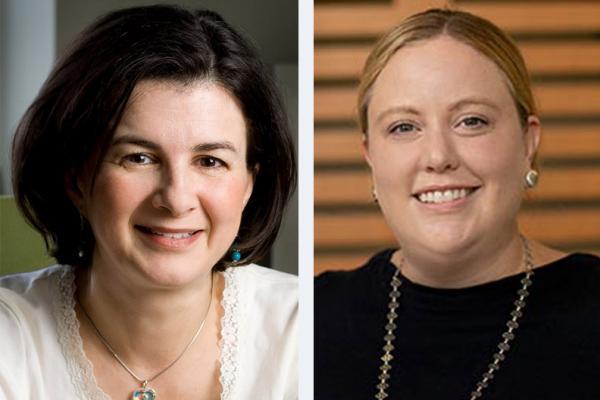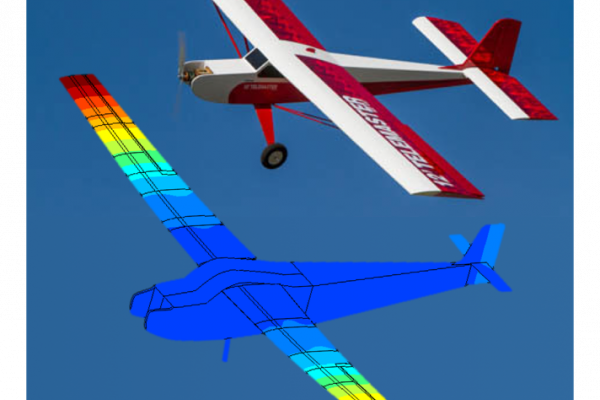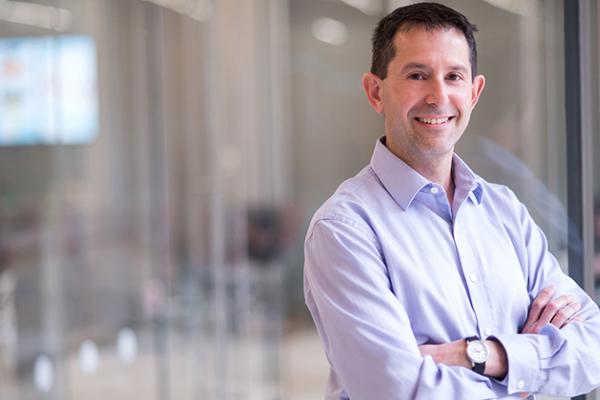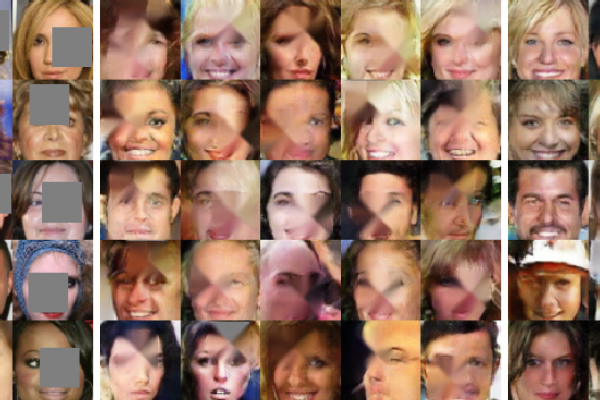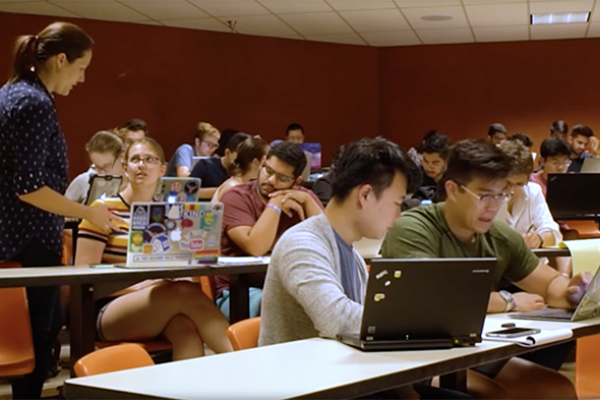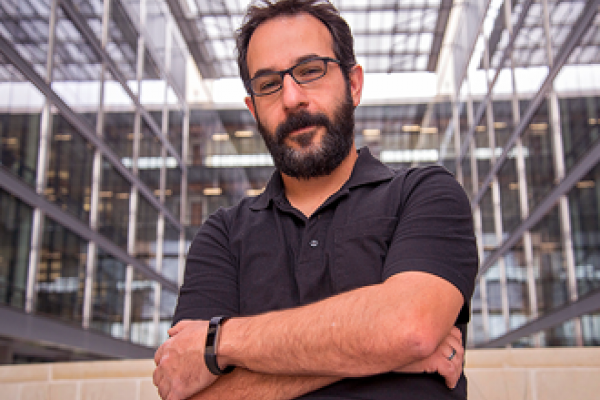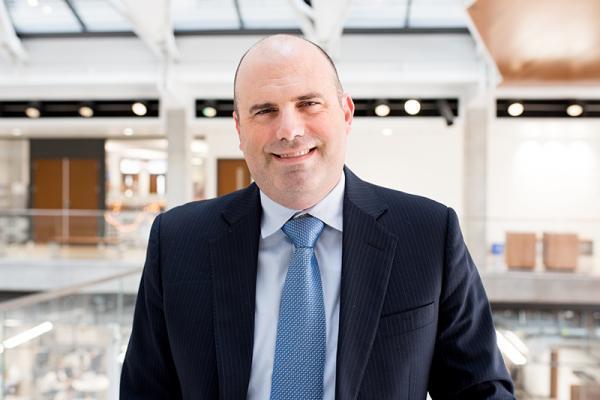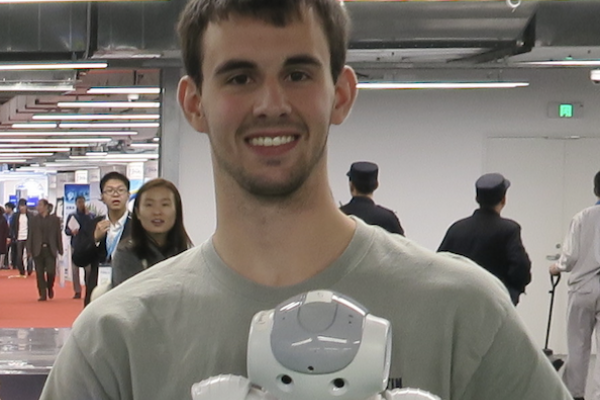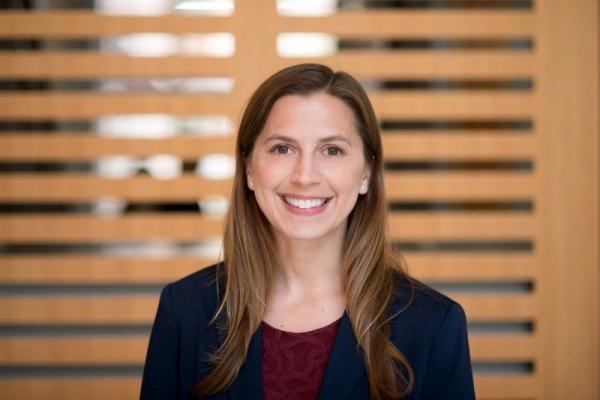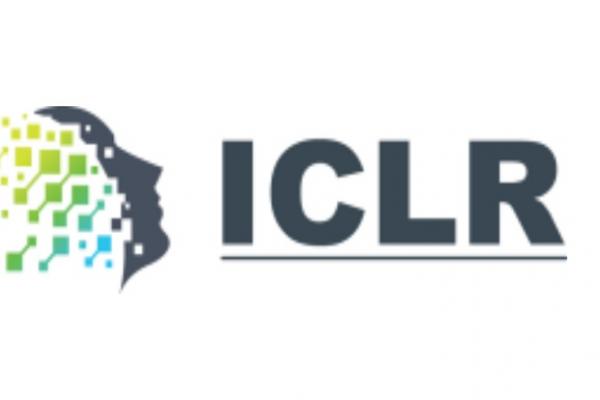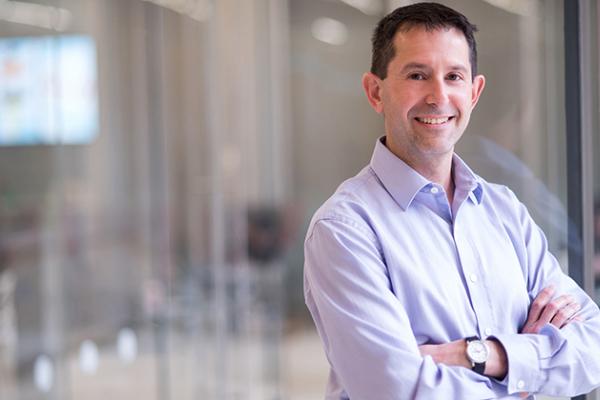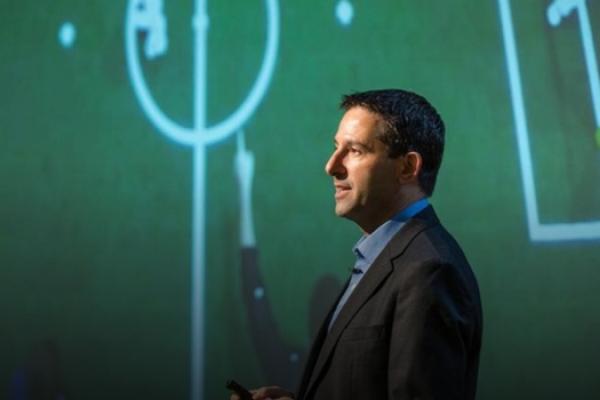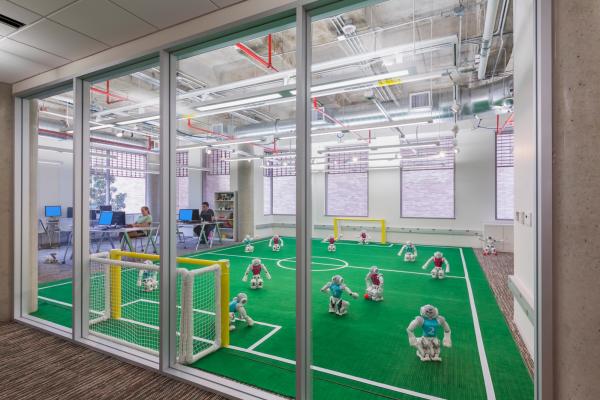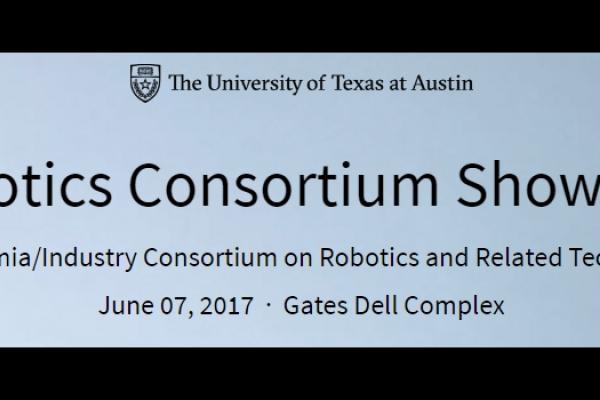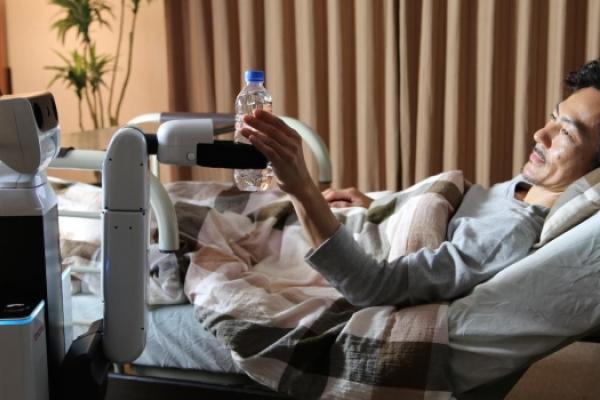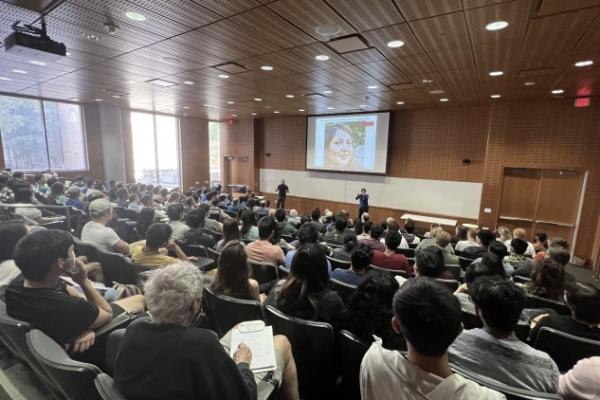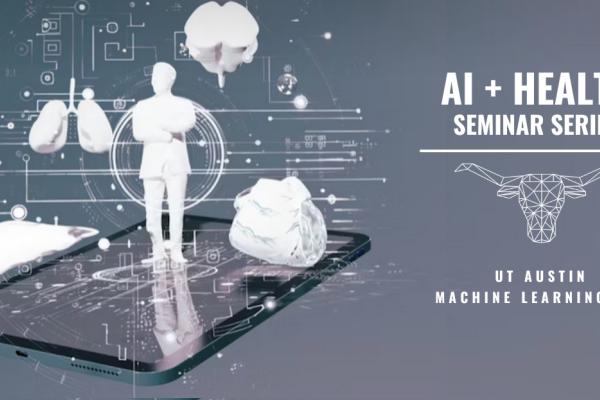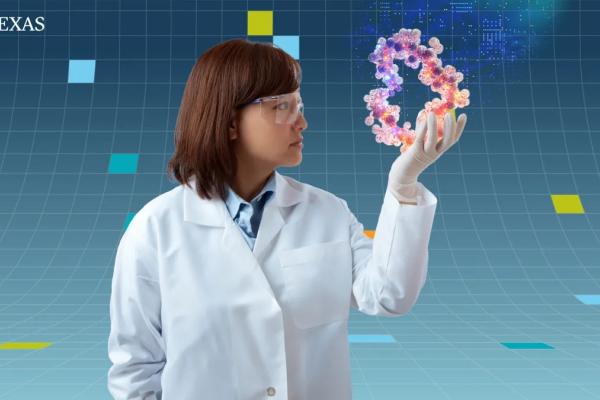News
- January 13, 2020
- December 17, 2019
Largest computing recruitment in history expands campus expertise
- December 4, 2019
Oden Institute director leads effort to create virtual UAVs that can predict vehicle health, enable autonomous decision-making
- November 21, 2019
The Sony Corporation chose Peter Stone, a faculty member in the College of Natural Sciences at The University of Texas at Austin, to lead the newly established Sony AI in the United States.
- November 6, 2019
$1.5M award from National Science Foundation will support cross-disciplinary machine learning and data science research
- October 23, 2019
- June 18, 2019
Two hundred and forty Texas Computer Science students participate in a data mining and analytics competition hosted by SparkCognition.
- May 17, 2019
Computer scientists have thwarted programs that can trick AI systems into classifying malicious audio as safe.
- May 16, 2019
- April 19, 2019
- March 9, 2018
Machine Learning research at the University of Texas is about to get a boost with the award of $1.4 million from the Department of Defense.
- March 1, 2018
- January 1, 2018
- November 2, 2017
UTCS Professor Kristen Grauman received the 2017 Helmholtz Prize last week at the International Conference on Computer Vision.
- November 2, 2017
7 papers from the group were accepted to the 2018 International Conference on Learning Representations (ICLR).
- October 8, 2017
Peter Stone was interviewed for Manuel Sagars' upcoming documentary on "Digital Transformation." You can watch the interview or read the transcript
- September 21, 2017
- June 1, 2017
UT Professor Peter Stone is features in this article from the AAAS Science Magazine.
- May 24, 2017
The Robotics Consortium is a new initiative from UT Austin that seeks to forge a close relationship between university faculty and graduate students in robotics and our natural partners in industry.
- May 24, 2017
We invite you to join us to learn about UT's newly launched Robotics Consortium at the our kick-off showcase event (RSVP required).
- January 24, 2017
Profs. Niekum, Sentis, Stone, and Thomaz were selected to receive an HSR robot from Toyota and will participate in the first RoboCup@Home Standard Platform League in Nagoya, Japan during the summer of 2017.
We had a full house for the Machine Learning Lab Public Lecture on April 1. Alex Dimakis presented "AI for Accurate and Fair Imaging" and discussed recent research that illuminated the real-world impact of bias in AI algorithms.
Connecting computer scientists and engineers with clinicians to tackle actionable AI/Health projects.
Title: Predicting Long Term Mortality in COPD Using Deep Learning Imaging Markers
Speaker: Edward Castillo, PhD, Associate Professor & Associate Chair for Graduate Education, William J. Murray, Jr. Fellowship in Engineering, Department of Biomedical Engineering, University of Texas at Austin
Date: October 23, 2025
Presentation: Zoom link
Abstract: Chronic obstructive pulmonary disease (COPD) remains a major global health challenge, and current clinical tools often fall short in forecasting long-term outcomes. We present new modeling approach that leverages deep learning to extract imaging biomarkers from paired inspiratory and expiratory CT scans. Using data from over 8,800 participants in the COPDGene study, our research team developed a fused model that integrates these imaging features with clinical variables, including BMI, obstruction, dyspnea, and exercise capacity. Out model achieves a significant improvement in 10-year mortality prediction, with a concordance index of 0.78—outperforming traditional methods. This work highlights the complementary value of multi-phase CT imaging and AI-driven analysis to support a more individualized approach to prognosis and disease management, offering clinicians additional tools to better tailor care for patients with COPD.
Speaker Bio: Edward Castillo, PhD is an Associate Professor and the Associate Chair for Graduate Education in the Biomedical Engineering Department at UT Austin. He directs the Dynamic Medical Image and Computing Lab, where his research focuses on developing computational methods for medical image analysis, disease progression modeling, and improving radiotherapy outcomes. Dr. Castillo has held faculty positions at MD Anderson Cancer Center and Oakland University William Beaumont School of Medicine, and is a Charter Member of the NIH Image-Guided Intervention and Surgery Study Section
